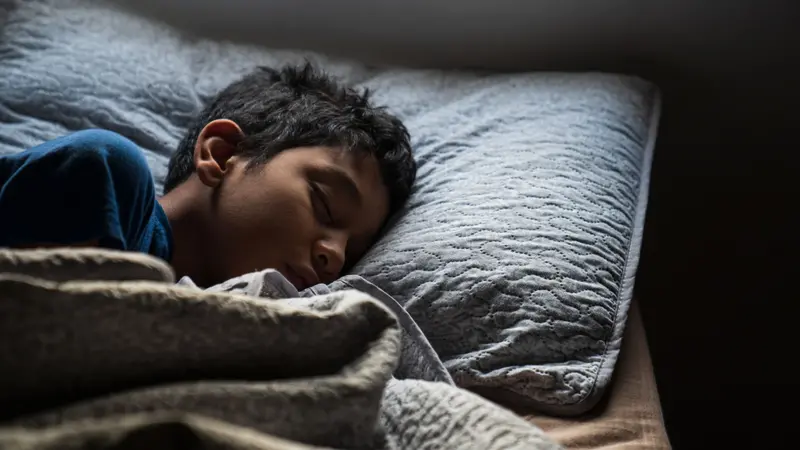

Mental and Behavioral Well-Being

Mental and Behavioral Well-Being
Our Kids Are Not Getting Enough Sleep
The American Academy of Pediatrics has long recommended that children aged 6-12 years get 9-12 hours of sleep per night for optimal health. Early adolescence is a critical period for neurocognitive development, yet children in recent generations often report sleeping less than the recommended amount. A new study published in The Lancet looked at how insufficient sleep affects children's behavioral problems, mental health, cognition, brain function, and brain structure over a period of two years. Researchers took data from a sample of 8,323 children aged 9-10 years old. Participants were categorized as having sufficient sleep or insufficient sleep on the basis of a cutoff of 9 hours of sleep per day.
It was found that children who get less than 9 hours of sleep per night have notable differences in brain regions that influence memory, intelligence and well-being compared to those that get more than 9 hours of sleep.
Not getting enough sleep can have long-lasting effects on neurocognitive development in early adolescence. As kids schedules’ get busier and spend more time in front of a screen, their average sleep time has decreased—and the consequences can be long-lasting.
REFERENCES
Yang, F., et. al. (2022, July 29). Effects of sleep duration on neurocognitive development in early adolescents in the USA: a propensity score matched, longitudinal, observational study. The Lancet. https://www.thelancet.com/journals/lanchi/article/PIIS2352-4642(22)00188-2/fulltext


 By
By







